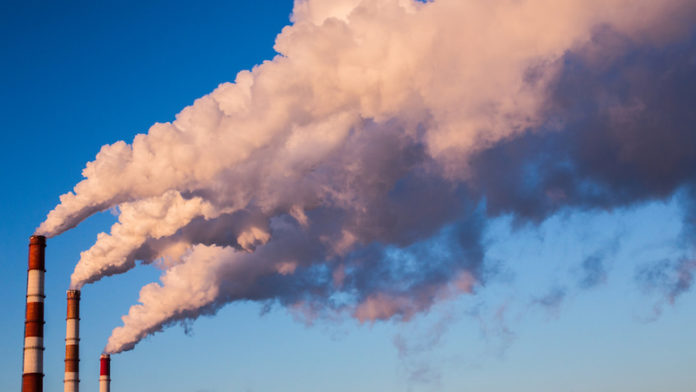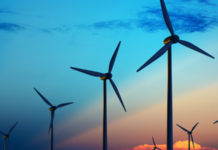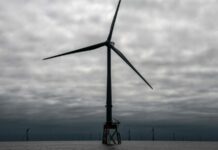
THE profitability of South Africa’s mining sector will be negatively affected when the European Union (EU) imposes carbon taxes on imports. This is owing to South Africa’s reliance on coal-fired electricity, said BusinessLive.
The EU’s carbon border tax adjustment proposal could entail levies on goods imported from countries with a heavy carbon reliance from 2023, though the scope and quantum of the proposed taxes will become clearer only next month, said the publication.
Bloomberg News reported earlier this month that steel, cement and aluminium would be among the first imports to the EU to be affected.
South African president, Cyril Ramaphosa, wrote in Business Day recently that a more nuanced approach to carbon taxes ought to be adopted for developing economies. He said he would engage countries at the COP26 climate conference in November on the issue, of carbon tax import penalties and the phasing out of fossil fuels to get a fair deal for the developing world.
“We should be careful not to advocate one-size-fits-all approaches to disinvestment from fossil fuels or impose non-tariff barriers or discriminatory taxes that would unfairly harm developing economies,” he said.
Investment firms are preparing by taking a stronger stance on environment, sustainability and governance (ESG) issues, said BusinessLive. Ninety One, Coronation and Alexander Forbes have highlighted their commitment to ESG investing in recent months.
“If you believe that carbon border tax is something that the developed world applies because it’s one of the ways they can force emerging markets to address this problem then you’ve got to see that coming and you’ve got to adapt,” said John Green, chief commercial officer of Ninety One, an asset management company.











